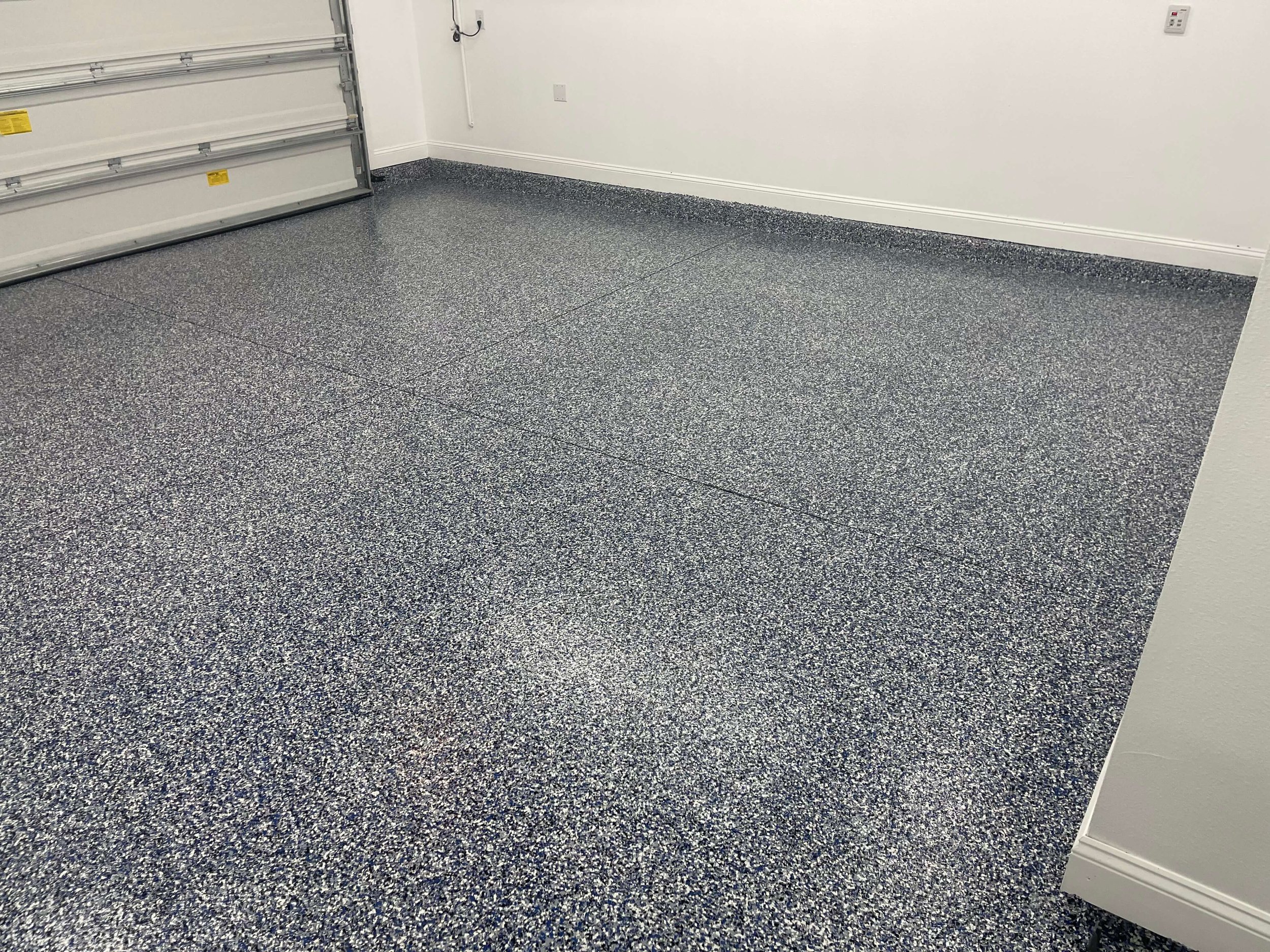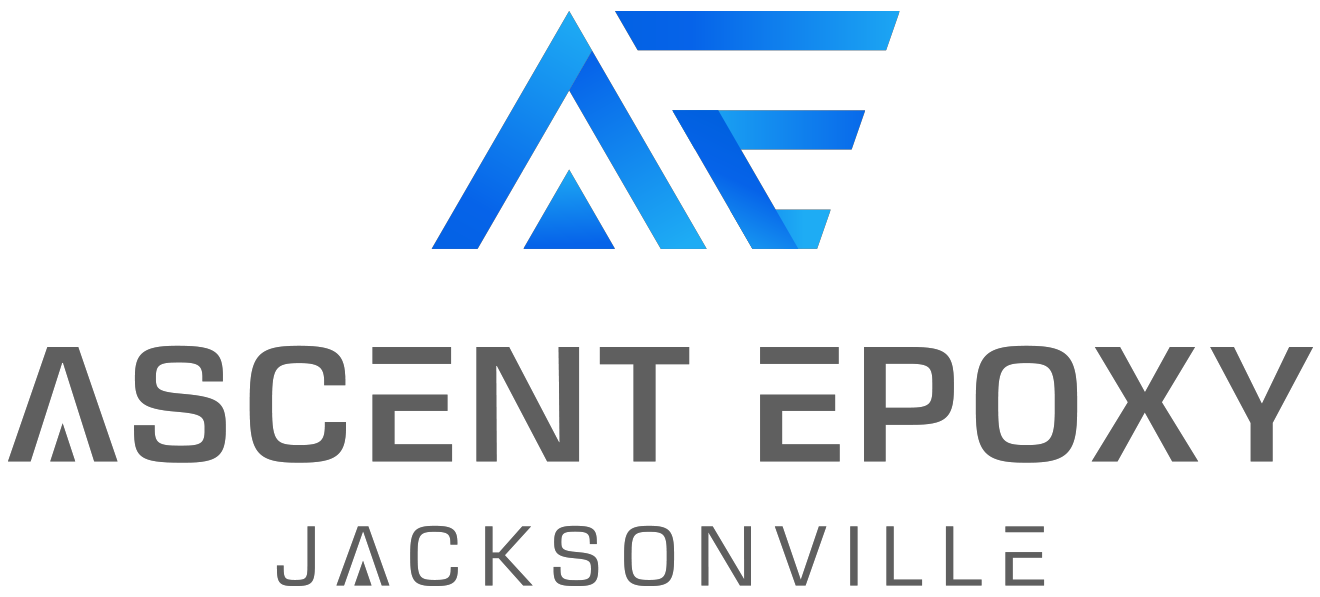Epoxy Garage Floors: The Best Alternative to Traditional FlooringEpoxy Garage Floor: A Superior Alternative to Traditional Garage Flooring
An epoxy garage floor is a popular choice among homeowners and business owners alike, as it offers a durable, long-lasting, and visually appealing alternative to traditional concrete garage flooring. Epoxy floors are suitable for both residential and commercial applications, providing a high-quality and long-lasting finish that can withstand heavy use. This article will explore the benefits and drawbacks of epoxy floor coatings, addressing some common questions related to their use in garages.

Is it Worth Putting Epoxy on Garage Floor?
Epoxy floors are created by applying a base coat of epoxy resin to a concrete floor, followed by a layer of epoxy flakes and a clear epoxy topcoat. This process results in a glossy finish that offers excellent durability, chemical resistance, and slip resistance, making it the perfect choice for garages.
Professional epoxy floor installers use industrial-grade materials to ensure quality work and lasting results. These high-quality epoxy coatings provide a significant improvement over cheap materials that may not last as long or provide the same level of protection.
In terms of durability, epoxy flooring is far superior to traditional concrete floors. Epoxy floors can last for many years, with some lasting over a decade, depending on the quality of the materials used and the installation process. The durability of epoxy flooring is further enhanced by its ability to withstand heavy loads and resist wear and tear, making it an ideal choice for garages that see a lot of use.
Epoxy floor contractors often offer free estimates, giving you a better idea of the cost to epoxy and flake a floor. While the price may vary depending on the size of your garage and the specific materials used, epoxy flooring is generally more affordable than other garage flooring options like tile or wood. Moreover, epoxy floors require less maintenance than traditional concrete floors, which can save you time and money in the long run.
How Do You Epoxy a Garage Floor with Flakes?
The process of applying an epoxy floor coating with flakes begins with proper surface preparation. The concrete floor must be thoroughly cleaned and any existing coatings or sealers must be removed. Grinding the surface helps to create a rough texture, which promotes better adhesion of the epoxy coating.
Next, any cracks or holes in the concrete must be filled with a suitable repair material. The entire project area should be vacuumed to remove any remaining dust and debris.
Once the surface is properly prepared, the base coat of epoxy resin is mixed and applied to the concrete floor using a roller or brush. While the base coat is still wet, the epoxy flakes are broadcast onto the surface. The amount of flakes can be adjusted to achieve the desired appearance and texture.
After the base coat and flakes have cured, any loose flakes are removed by sweeping or vacuuming the surface. Finally, a clear epoxy or polyurethane topcoat is applied to seal the flakes and provide additional durability and chemical resistance.

Epoxy Floor Coating: Pros and Cons
Epoxy floor coatings offer numerous benefits, which include:
Durability: Epoxy floors are highly resistant to wear and tear, making them suitable for high-traffic areas like garages.
Chemical resistance: Epoxy coatings protect the underlying concrete from damage caused by chemicals, oils, and other spills.
Easy maintenance: Epoxy floors are easy to clean and maintain, as they are resistant to staining and can be easily wiped or mopped.
Aesthetic appeal: Epoxy floor coatings come in a wide range of styles and colors, allowing for customization and personalization.
However, there are also some drawbacks to epoxy flooring:
Installation process: The installation of an epoxy floor coating can be labor-intensive and time-consuming, requiring skilled contractors and a properly prepared surface. This may result in a higher upfront cost compared to other flooring options.
Sensitivity to moisture: Epoxy coatings may not adhere well to concrete floors with high moisture levels, making it essential to address any moisture issues before installation.
Slipperiness: While epoxy floors are generally slip-resistant, they can become slippery when wet. Adding slip-resistant additives or using a textured topcoat can help mitigate this issue.
Temporary odor: During the installation process, epoxy coatings can emit strong odors. However, these odors usually dissipate once the coating has cured.
What is the Normal Charge for Epoxy Floor Coatings?
The cost of epoxy flooring can vary depending on several factors, including the size of the area to be covered, the type of epoxy used, the complexity of the installation process, and the labor rates of the epoxy floor contractors. On average, the cost of epoxy flooring ranges from $3 to $12 per square foot, with more intricate designs and high-quality materials at the higher end of the price range.
Is Epoxy Flake Garage Floor Worth It?
Given the many benefits of epoxy floors, such as durability, chemical resistance, easy maintenance, and aesthetic appeal, they are often considered a worthwhile investment for both residential and commercial garages. The relatively low maintenance requirements and long lifespan of epoxy flooring can save you time and money in the long run, making it a cost-effective choice compared to other flooring options.

Can You Make Good Money Doing Epoxy Flooring?
There is potential to make a profitable business out of epoxy flooring installation. As epoxy floors continue to grow in popularity, the demand for skilled contractors who can provide quality work and excellent customer service is also increasing. By focusing on marketing, networking, and building a strong reputation for quality and reliability, epoxy floor contractors can attract a steady stream of clients and generate a profitable income.
How Many Years Will Epoxy Floor Last?
The lifespan of an epoxy floor largely depends on the quality of materials used, the installation process, and the level of care and maintenance provided. With proper installation and maintenance, epoxy floors can last anywhere from 5 to 20 years, or even longer in some cases. Regular cleaning, reapplication of topcoats as needed, and addressing any damage promptly can help extend the life of your epoxy floor.
Final Thoughts
In conclusion, epoxy flake garage floors offer a durable, long-lasting, and visually appealing alternative to traditional garage flooring. With proper installation and maintenance, they can provide years of reliable service, making them a worthwhile investment for homeowners and business owners alike. If you’re considering an epoxy floor for your garage, it’s important to research and hire professional epoxy floor installers who have experience with the specific type of epoxy coating you’re interested in. This will help ensure a high-quality result that meets your expectations and stands the test of time.
